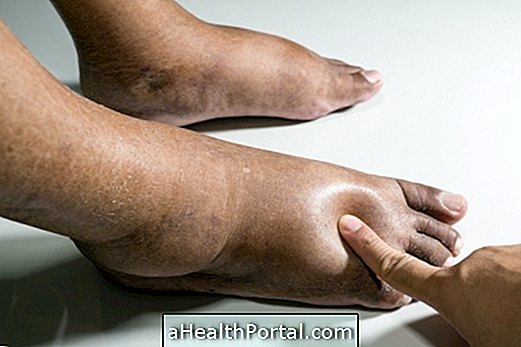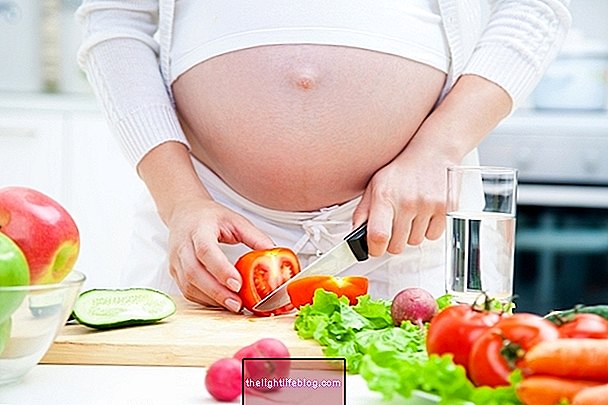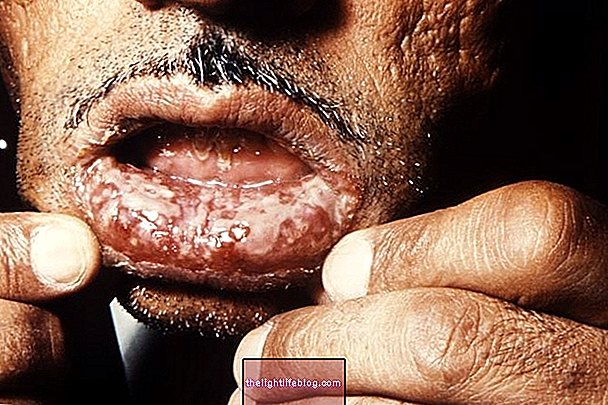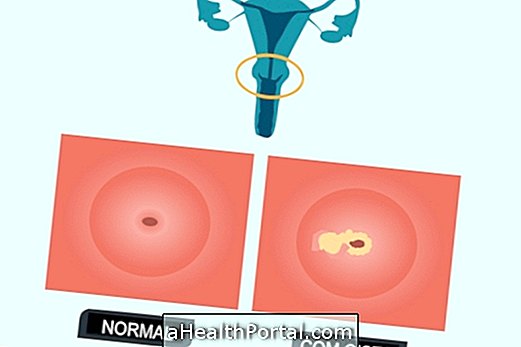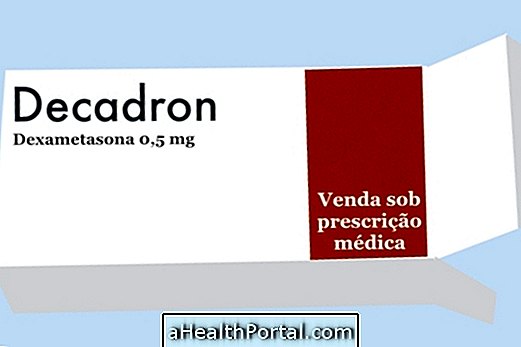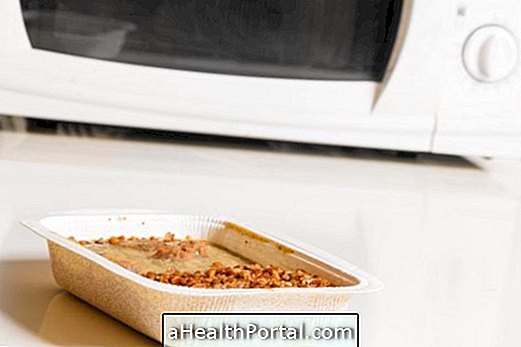Intimate hygiene in pregnancy deserves special attention on the part of the pregnant because with the hormonal changes, the vagina becomes more acidic, increasing the risk of infections such as vaginal candidiasis that can lead to premature labor.
Therefore, intimate hygiene in pregnancy should be done once a day, every day, with water and intimate hygiene products suitable for pregnant, neutral and hypoallergenic . It is recommended to use liquid soaps instead of bar soaps or soaps, which should be avoided.
It is very important that the pregnant woman pay attention to some signs that may indicate a vaginal infection, such as discharge, odor, itching or burning. If they are present, the pregnant woman should go to the obstetrician for evaluation and indication of the appropriate treatment.
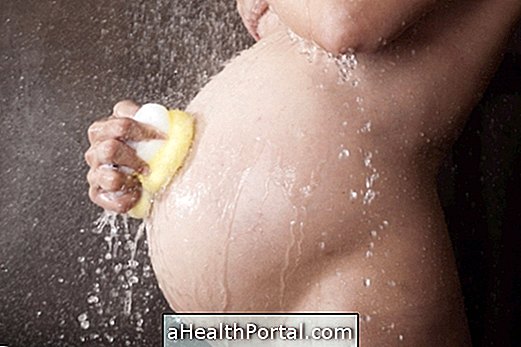
How To Make Intimate Hygiene in Pregnancy Correctly
To make the intimate hygiene in pregnancy the pregnant woman should wash the intimate region from front to back, because with the opposite movement there may be transport of bacteria from the anus to the vagina.
To take care of the intimate hygiene in the pregnancy, the pregnant woman must have certain care as:
- Wash the intimate region with a neutral, hypoallergenic liquid soap, without perfumes or deodorants;
- Avoid the use of irritating products of the intimate region such as vaginal showers, daily absorbents, deodorants or moist tissues;
- Use white toilet paper, without perfumes;
- Wash hands before and after use;
- Wear proper cotton panties for pregnant women and long clothing;
- Do not perform the total epilation of the intimate region, doing it only by the bikini line;
- Avoid getting your bikini wet for long.
These care should be daily and maintained throughout the pregnancy.
Intimate hygiene products during pregnancy
Some examples of hygiene products in pregnancy are:
- Intimate liquid soaps from Dermacyd that cost between $ 15 and $ 19;
- Liquid intimate soap for pregnant women at Lucretin, where the price ranges from $ 10 to $ 15;
- Intimate liquid soaps from Nívea that cost from $ 12 to $ 15.
These products should only be used by the pregnant woman and the cap should always be tightly closed after each use.
